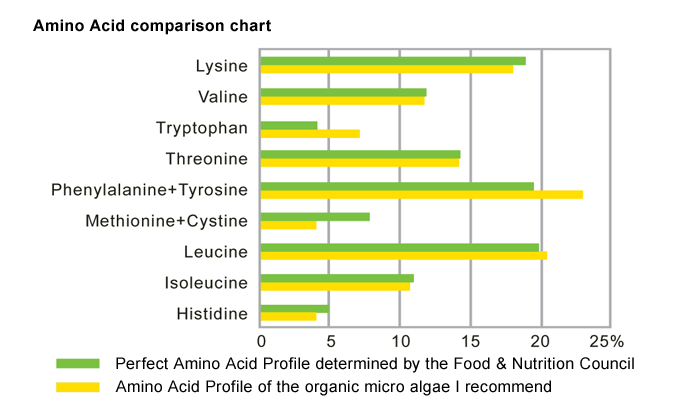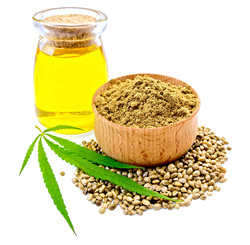Women aren’t the only ones who should be taking vitamins and minerals every day. Male fertility can get a boost from them, too.
Female Infertility
As with other body systems, deficiencies of essential nutrients may adversely affect the functioning of the female reproductive system and cause infertility. Specifically, when deficiencies of folic acid, vitamin B12, B6 and iron have been diagnosed and treated fertility has been restored – even when patients had been infertile for several years (Werbach, M.D., pg. 34).
Male Infertility
The key to male fertility is large quantities of healthy sperm. Two vitamins seem especially relevant to male fertility. Vitamin C appears to protect against oxidative DNA damage to sperm giving them better motility. Vitamin B12 has been found to improve low sperm counts. Zinc is also important as semen contains high concentrations of zinc.
Searching for the Ultimate Healthy Vitamins and Minerals:
I do not recommend single, isolated vitamins as most holistic MDs usually recommend. It makes more sense to get nutrients from quality foods. Nutrients are always best utilized by the body if they are in their whole food and enzymatically active state. Therefore whole food concentrates are the best solution to address any vitamin or mineral deficiencies.
 The nutritional supplements I recommend in order to get folic acid, vitamin B12, B6, vitamin C, iron and zinc are made from natural, organic, and wild-crafted whole foods. They include some of the most nutrient rich and extremely health-supportive groups of foods available: wheat grass, wild-crafted micro algae, red algae, kelp, dulse, bee pollen, mushrooms, etc.
The nutritional supplements I recommend in order to get folic acid, vitamin B12, B6, vitamin C, iron and zinc are made from natural, organic, and wild-crafted whole foods. They include some of the most nutrient rich and extremely health-supportive groups of foods available: wheat grass, wild-crafted micro algae, red algae, kelp, dulse, bee pollen, mushrooms, etc.
High quality, nutrient rich super-foods such as wild-crafted micro algae is an economical and convenient way to ensure that every day you are consuming an entire range of unique super food nutrients not available from your organic farmers market, grocery store produce section, or bins of whole grains. This super food supplement does not replace regular fruits and vegetables: it simply allows you access to a fascinating, extremely health-supportive groups of nutrients.
Think of the wild-crafted micro algae as nutritional health insurance. It is a fantastic source of vitamins, digestive enzymes, minerals, amino and fatty acids and trace minerals like zinc, rarely found in modern-day soils. It is rich in all vitamins, including the entire B-complex, especially B12, vitamin C and includes absorbable organic iron and zinc, and other trace minerals.
Wild-crafted micro algae from Upper Klamath Lake:
Not all algae supplements are processed the same. The brand of organic micro algae that I recommend is dried at low temperature not to exceed 105 degrees so the enzymes and the nutrients of this food are not inactivated or destroyed. Several companies who harvest this algae from Upper Klamath Lake spray-dry or flash-dry the algae. This kind of food processing involves heat. High pressures, at specific points in the drying process, typically heats algae up to 500 degrees F. and even as high as 600 degrees F. for short periods of time. At other parts of the spray-drying process, temperatures can remain at or below physiological norms. However, damage to the enzymes and nutrients only takes one brief moment.
Recent studies conducted by different universities proved the incredible benefits of wild-crafted micro algae for your health.

Following are a summary of a few of these studies:
- A double-blind placebo-controlled study conducted at the Royal Victoria Hospital, affiliated with McGill University in Montreal, included 50 healthy participants. Results suggested that wild-crafted micro algae may help stimulate the increased production of red blood cells, an effect that may be due to its high content of vitamin B12.
- A study from Boston University suggests that eating wild-crafted micro algae may reverse symptoms of essential fatty acid deficiency, specifically omega-3 (Kuskak et al., 1999). Deficiency in essential fatty acids has been associated with infertility.
- Clearly, wild-crafted micro algae offer some of the most beneficial vitamins and minerals for enhancing fertility. Micro algae also replenish you with their vast reservoir of essential/non- essential amino and fatty acids.
Hemp Oil - good source of essential fatty acids:
Omega-3s have long been known to promote fertility, especially in men. The long-chained DHA fatty acids have been found in high concentrations in sperm, suggesting that the DHA molecules are important for the viability, maturity, and functional characteristics of those cells. In addition, studies have found that higher levels of omega-3 improved sperm motility.
One of the best food sources for obtaining Omega-3s is hemp oil.

Udo Erasmus, a recognized authority on the subject of oils, recommends hemp seed oil because it contains omega-6 and omega-3 EFAs in a good balance: 3 to 1. Hemp seeds and hemp oil produce no drug induced “high” in humans or animals. They do not contain the drug tetrahydrocannabinol (THC) (Erasmus, p.289).
Here’s what Erasmus says about hemp oil:
“...hemp oil appears to be one of nature’s most perfectly balanced EFA oils. It contains both EFAs in the right proportions for long-term use, and also contains gamma linolenic acid (GLA). It is the only vegetable oil with this combination” (p.289).
When you purchase hemp oil, make certain you choose a product that is organically grown and cold pressed (not heated).
A summary of the supplements you need to address vitamins, minerals, amino and fatty acids deficiencies:
- Organic micro algae - 120 capsules - $33.75
- Raw, unrefined hemp oil from any health food store.
Other supplements needed for natural treatment of infertility
References
Bruno, Jeffrey J. (2001). Edible Microalgae: A Review of the Health Research. Pacifica, CA: Center for Nutritional Psychology Press.
Erasmus, Udo. (1993). Fats that Heal, Fats that Kill. Burnaby, BC: Alive Books.
Hudson, Tori, N.D. (May 2003). “Women and Skin Conditions.” Townsend Letter for Doctors and Patients. pp.146-148.
Perlmutter, David. (Nov. 2003). “Multiple sclerosis - Functional Approaches”. Townsend Letter for Doctors and patients. pp. 66-74.
Contact me with your questions, or click here if you're interested in a free assessment.